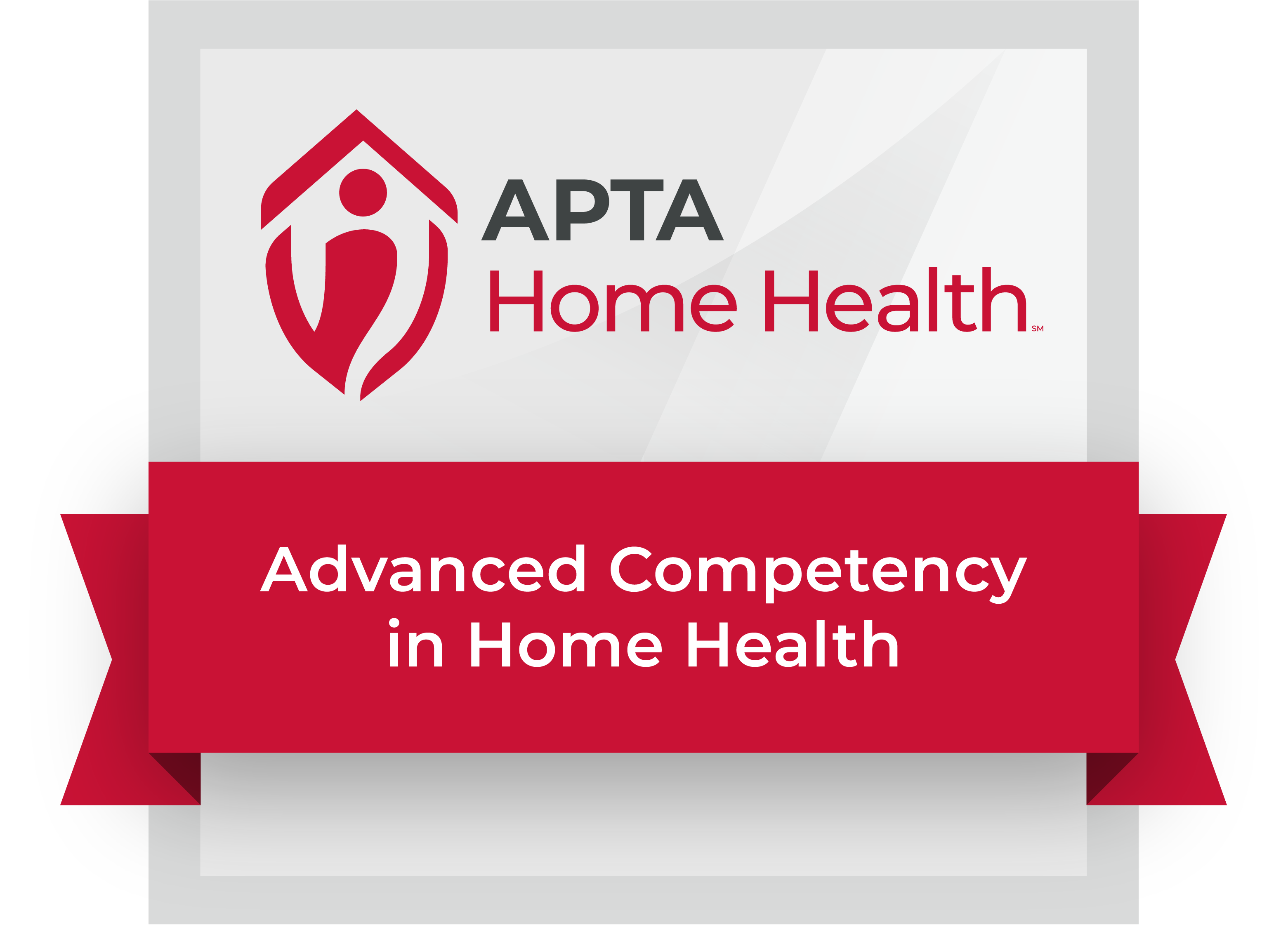|
|
The Latest on Monkeypox
By the National Institute for Health Care Management
The World Health Organization declared the monkeypox outbreak a global health emergency as the number of confirmed cases has increased to over 30,000 across 88 countries with more than 8,900 cases in the U.S. (as of August 8th, 2022). On August 4th, President Biden declared monkeypox a national public health emergency.
- Vaccines: The U.S. Food and Drug Administration announced that nearly 786,000 doses of the monkeypox vaccine will be made available for distribution. The Centers for Disease Control and Prevention (CDC) estimates that nearly 1.5 million people are eligible for the vaccine.
- Not a Sexually Transmitted Infection (STI): While monkeypox cases have predominately been found among men who have sex with men, it is neither an STI nor does it only impact specific communities. Transmission can occur through skin-to-skin contact, touching contaminated objects, respiratory secretions, and during pregnancy. Experts have warned that stigmatizing messaging reinforces stereotypes and can undermine response efforts, as was the case during the HIV/AIDS epidemic.
- Impact on Health Clinics: Sexual health clinics, which have already been under pressure from years of underfunding and COVID-19, are now on the frontline of the growing monkeypox outbreak.
- Outlook: Many have compared the response to monkeypox in the U.S. to that of the beginning of the COVID-19 pandemic. Despite recent expansions in testing capacity, areas are still facing shortages, delays in getting results, and a lack of reliable ways to test.
Resources:
|
|
Q&A on the Overdose Crisis
By the National Institute for Health Care Management
The CDC estimates that more than 107,000 Americans died of drug overdoses last year - a record high. Learn more about the overdose crisis:
Q: How are racial disparities widening in overdose deaths?
A: According to a CDC report, overdose deaths are increasing fast among Black and Indigenous people. Black people ages 15 to 24 had an 86% increase in death rates compared to a 34% increase among White people of the same age group. The disproportionate increase among Black and Indigenous people may be due to health inequities, like unequal access to treatment.
Q: What is the role of fentanyl in the overdose crisis?
A: Deaths involving illicitly manufactured fentanyl are on the rise, which is often mixed with other illicit drugs without the user’s knowledge. Fentanyl-related deaths in the U.S. occur more often than gun and auto-related deaths combined. The Drug Enforcement Agency warns of a nationwide spike in fentanyl-related mass-overdose events.
Q: How does harm reduction reduce overdose deaths?
A: The Biden administration’s strategy to address the overdose crisis is the first to incorporate harm reduction strategies, which include access to naloxone (the antidote to opioid overdoses), sterile needles, drug test strips, and supervised injection sites.
Q: Are people with addiction able to receive treatment?
A: A recent study found that 87% of people with opioid use disorder (OUD) do not receive evidence-based treatment. Medications for OUD can reduce opioid overdoses by 50%.
Q: What about people with chronic pain?
A: The 2016 CDC guidelines for prescribing opioids for pain have been credited with leading to harmful consequences for patients with chronic pain. The 2022 proposed guidelines remove the upper limits for prescription opioids, emphasize a patient-centric approach, and expand on alternative treatments.
Resources & Initiatives:
SAMHSA’s National Helpline for individuals and families facing mental and/or substance use disorders is 1-800-662-HELP. |
President's Message
Posted: August 9, 2022
Now is the time to speak up for our profession! As you likely already know, CMS has proposed a 4.2% decrease in our reimbursement for 2023. We need you to speak up and speak out to protect our profession and the home health industry!
Most importantly, you can comment on the 2023 proposed rule for home health. That sounds complicated, Phil. How do I do that? It’s easy! All you have to do is go to https://www.apta.org/advocacy/take-action/regulatory, scroll down to the section for “2023 Home Health Prospective Payment System Proposed Rule,” download our template letter, fill in the blanks, and follow the instructions to submit electronically. The link to submit is next to the link for the template. See? Easy! Please do this before the comment period closes on Tuesday, August 16, at 5:00 PM EDT.
That’s not all you can do! The Preserving Access to Home Health Act has been introduced in both the Senate (S. 4605 by Senators Susan Collins [R-ME] and Debbie Stabenow [D-MI]) and in the House (H. R. 8581 by Representatives Terri Sewell [D-AL] and Vern Buchanan [R-FL]). Please ask your Representative and Senators to co-sponsor the bill in their respective house of Congress. Congress is currently in recess, so your Congressional representatives will be out and about in their home districts until after Labor Day. If your Senator is a member of the Senate Health, Education, Labor, and Pensions Committee (that list is here: https://www.help.senate.gov/about/members), it is even more important that you reach out to him or her and let them know that S 4605 is key to the sustainability of the home health industry.
Thank you in advance for advocating for yourself, your profession, and your industry. And thank you for everything that you do every single day for your clients and our profession.
Sincerely,

Phil Goldsmith
President
APTA Home Health |
Early Bird Registration for September's ACHH Virtual Seminar EXTENDED through August 10th
Act now to complete APTA Home Health's Advanced Competency in Home Health (ACHH) certification program!
The live event is a critical element of the ACHH Certification program, which requires active participation and demonstration of skills being discussed. The live event also offers a huge opportunity for networking with colleagues.

September 2022 Seminar (Pacific Time Zone):
- Session One: Saturday, September 10th - 8:00am – 12:00pm PT
- Session Two: Sunday, September 11th - 8:00am – 12:00pm PT
- Session Three: Saturday, September 17th - 8:00am – 12:00pm PT
- Session Four: Sunday, September 18th - 8:00am – 12:00pm PT
|
New Legislation to Prevent Home Health Medicare Cuts – Action Needed!
The Preserving Access to Home Health Act was introduced both in the Senate and the House last week. The Senate bill (S.4605), led by Senators Debbie Stabenow and Susan Collins, would freeze the current payment rate in place, with the exception of annual market basket updates, through 2025. The House bill, which was introduced by Reps. Terri Sewell (D-AL) and Vern Buchanan (R-FL), is identical to the one introduced in the Senate.
Please urge our Senators and Representatives to sign onto the Act. Calls and personal messages are best, but for those short on time a message has been pre-drafted and is ready to go in the NAHC Virtual Advocacy Center.
MEDICARE PAYMENT CUTS THREATEN THE HOME HEALTHCARE SYSTEM – VALUED BY AMERICA’S SENIORS AND PEOPLE WITH DISABILITIES.
HELP US FIGHT FOR THOSE WHO CANNOT FIGHT FOR THEMSELVES.
|
|
|
|
|
<< first < Prev 81 82 83 84 85 86 87 88 89 90 Next > last >>
|
|
Page 88 of 109 |